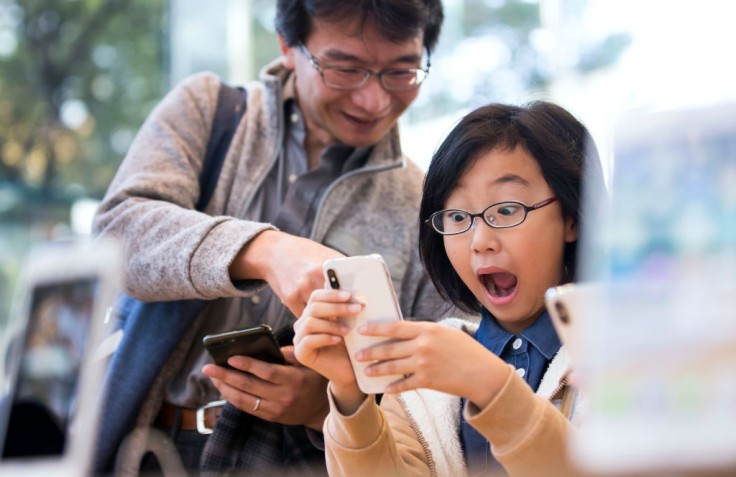
Navigating the complexities of managing a child's interaction with screens, from peculiar TikTok trends to bypassing parental controls, presents numerous challenges.
Parents worldwide, spanning toddlers to teenagers, shared their concerns, revealing diverse approaches to screen time management.
While some are content with their children's smartphone use, many express dissatisfaction with the amount of time spent online and its perceived impact on mood and concentration.
Strategies range from strict control methods like Google's Family Link and "no screens at night" rules to more lenient or collaborative approaches like "leading by example."
Children's Sceen Time: A Concern for Most Parents
Parents use diverse strategies, such as Google's Family Link and traditional rules like "no phones at the table."
Balancing technology integration into modern life and addressing concerns about its impact on children's moods and concentration poses a challenge.
Some parents restrict screen time by turning off WiFi, while others emphasize leading by example and encouraging alternative activities.
Concerns about teenagers' mental well-being due to social media use are prevailing, with parents sharing experiences of enforcing limits and engaging in ongoing conversations with their children.
The increasing dependence on screens during the pandemic has led to difficulties reversing the trend for some families.
Read Also: Dealing With the iPad Kid: How to Manage Children's Screen Time According to a Psychologist
Parents Challenged on Children's Mobile Phone Use
Parents acknowledge the educational benefits of online content but express challenges in finding a balance, relying on tools like parental controls. Perspectives differ, with some emphasizing the importance of controlling content rather than the duration of screen time.
The impact on young people's social lives is also noted, as smartphones contribute to declining in-person interactions among friends, influencing feelings of loneliness and social pressures.
Parents like Steve, in the Netherlands, grapple with finding a balance, acknowledging technology's integral role in modern life.
Aditya, in Mumbai, recounts efforts to reduce his four-year-old son's screen time, emphasizing understanding his interests and introducing alternative activities.
Adrián, in São Paulo, advocates setting an example, recognizing the negative consequences of prioritizing mobile devices over meaningful interactions. Parents' work commitments can complicate efforts to regulate screen time.
Nga, in Vietnam, faces challenges overseeing her child's content consumption on grandparents' phones.
The pandemic has permanently altered screen time habits for some families. Charanjeet in Singapore noted continued high device usage among his children despite attempts to revert to pre-pandemic levels.
Parents appreciate the educational aspects of online content but grapple with setting time limits and ensuring appropriate material.
Concerns about the content consumed, rather than the duration of screen time, are emphasized by some, like Jane in Luxembourg.
The ubiquity of the internet impacts young people's social lives, with teenagers like Marie's son in New Zealand feeling isolated as friends prioritize online activities over in-person interactions.
Marie's son, Jack, describes heightened social pressure at school due to ubiquitous smartphones, impacting concentration and creating an environment where slip-ups are recorded and shared.
Jack's perspective suggests that phones would be acceptable if limited to texting and games, minimizing the impact on others.
Screen time has emerged as a remarkable concern among parents, with debates on how much is appropriate and the potential impact on children's development.
The World Health Organization has issued guidelines on screen time for young children, reflecting the increasing anxiety among parents.
About 71% of parents, with children under 12, express concerns about their child spending too much time in front of screens, with 31% being very concerned.
Although many parents feel confident about determining the appropriate screen time for their children, they often seek advice from professionals, including doctors, medical professionals, and teachers.
Despite their confidence, 71% of parents believe that widespread smartphone use by young children may have more harm than benefits.
As children of all ages engage with digital devices, such as tablets and smartphones, parents express fret about the long-term effects.
The concerns extend beyond screen time, with parents apprehensive about smartphones affecting their children's interpersonal skills and overall development.
Related Article : Educational Apps for Kids: Turning Screen Time into Learning Time